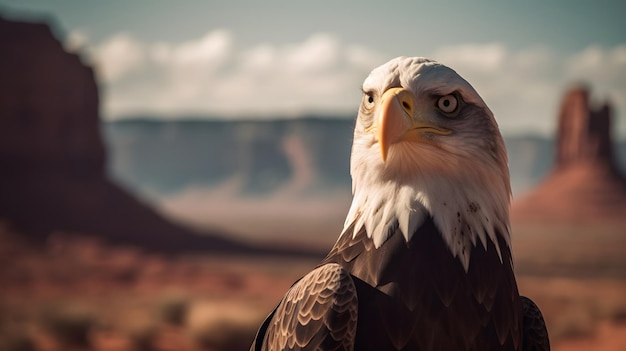Fascinating Facts about Falcons

Falcons are known for their incredible speed, reaching up to 240 miles per hour during their hunting dives.
Falcons have excellent eyesight, allowing them to spot prey from great distances.
There are around 40 different species of falcons found worldwide.
Falcons are considered to be the fastest animals on Earth.
Falcons are highly adaptable birds, found in various habitats across the world.
Falcons have long, slender wings that help them maneuver swiftly through the air.
Falcons have a unique hunting technique called stooping, where they fold their wings mid-air and dive towards their prey.
Falcons have a hooked beak that they use to tear apart their prey.
Falcons are sexually dimorphic, meaning males and females have different plumage.
Falcons can live up to 15 years in the wild, and some species have even been known to live over 20 years.
Falcons are birds of prey, feeding primarily on other birds and small mammals.
Falcons play a crucial role in nature by keeping populations of rodents and other small animals in check.
Falcons have been used in ancient falconry practices for centuries, where they are trained to hunt for humans.
Falcons have a specialized notch on their beak called a tomial tooth, which helps them sever the spinal cord of their prey.
Falcons migrate long distances during certain times of the year to find suitable breeding and feeding grounds.
Falcons have powerful talons that they use to catch and grip their prey.
Fascinating Facts about Falcons part 2
Falcons have a unique respiratory system that allows them to breathe more efficiently during high-speed chases.
Falcons have a wide range of vocalizations, including screeches and chattering sounds.
Falcons are monogamous birds and will typically mate with the same partner for life.
Falcons build nests on cliffs, trees, or man-made structures like tall buildings and bridges.
Falcons are known for their dramatic courtship displays, where males dive and perform aerial acrobatics to impress females.
Falcons have a keen sense of hearing that helps them locate prey in dense vegetation.
Falcons have exquisite feather patterns, with some species exhibiting intricate designs and vibrant colors.
Falcons have large, powerful hearts that enable them to sustain high-speed flights.
Falcons have a third eyelid, called a nictitating membrane, which protects their eyes during flight and hunting.
Falcons have a hierarchical social structure within their communities, with higher-ranking birds having priority access to food and mates.
Falcons have been revered in various cultures and religions throughout history, symbolizing power, speed, and agility.
Falcons are known for their ability to catch prey mid-air, making them highly successful hunters.
Falcons have been observed using tools, such as rocks, to break open hard-shelled eggs.
Falcons have excellent depth perception, allowing them to accurately judge distances while hunting.
Falcons have a specific flight pattern called kiting, where they hover in the air using wind currents without flapping their wings.
Falcons have a sharp, pointed tongue that helps them tear off pieces of meat from their prey.
Falcons have a highly efficient digestive system that allows them to digest bones and feathers.
Falcons have a specialized bone structure in their wings that helps them withstand the high speeds they reach during flight.
Falcons have piercing, focused eyes that help them track prey even in low-light conditions.
Falcons have been known to form strong bonds with their human handlers in falconry.
Falcons have been used for pest control in some areas, helping reduce populations of invasive species.
Falcons have an innate sense of territory and will defend their nesting areas from other birds.
Falcons are known for their extraordinary aerial displays during courtship, including spiraling dives and intricate flight patterns.
Falcons have been featured in various mythologies and literature, often symbolizing freedom and independence.
Falcons have a distinct feathers-to-body ratio, with longer primary feathers that enhance their speed and agility.
Falcons are highly efficient hunters, often catching prey that is much larger than themselves.
Falcons have a specialized vocalization called a keck, used for communication with their mate and offspring.
Falcons have acute color vision, allowing them to spot prey against different backgrounds.
Falcons have been successfully reintroduced into some areas where they were previously extinct, thanks to conservation efforts.